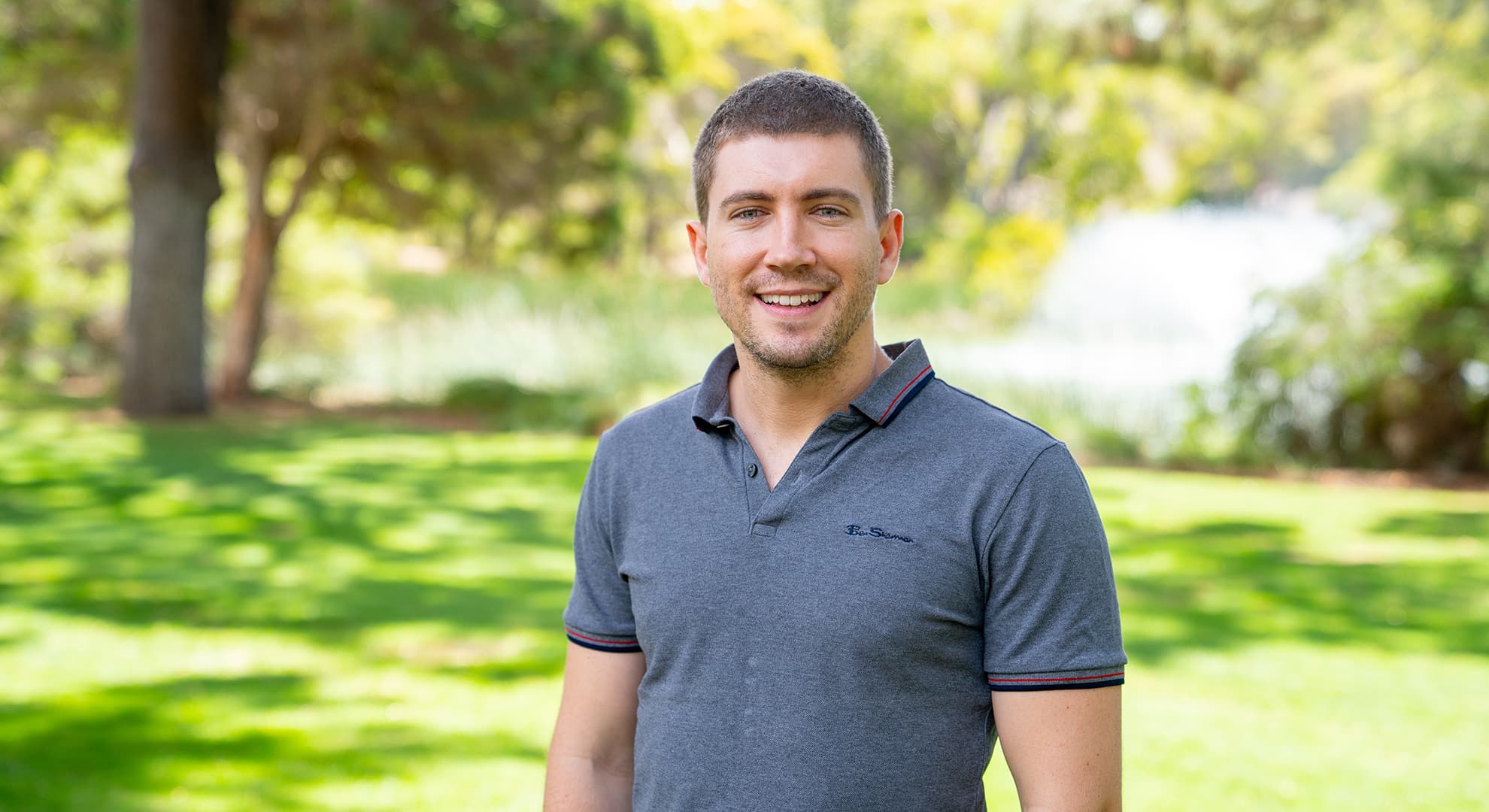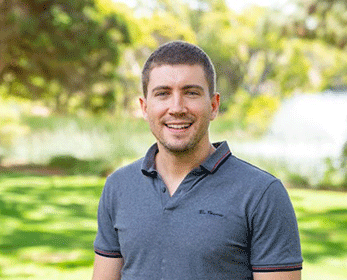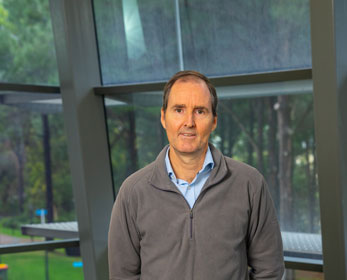Edith Cowan University (ECU) postdoctoral research fellow Dr Myles Murphy has been awarded a $238,852 grant from the Raine Medical Research Foundation for a project entitled: Harnessing 'brainpower' to reduce the burden of hip osteoarthritis.
Dr Murphy is aiming to determine whether eight weeks of electrical brain stimulation, called transcranial direct current stimulation (tDCS) to the brain's motor cortex during exercise rehabilitation could decrease pain and increase muscle strength in people with hip osteoarthritis (OA). The study will make use of the largest exercise trials in hip OA to date.
"This research has the potential to revolutionise OA management in clinical practice and increase physical activity," said Dr Murphy.
"If tDCS is an effective intervention, it has the potential to improve the quality of life for people living with hip OA and reduce treatment costs associated with pharmacological and surgical interventions. Furthermore, the intervention from this study could be easily reproduced in other conditions with a substantial healthcare burden, such as back pain or rotator cuff injury."
The research will be supported by Professor Janet Taylor, Professor Jonathan Hodgson, both from ECU, Associate Professor Joanne Kemp from La Trobe University, and Adjunct Professor Paola Chivers from the University of Notre Dame Australia.
Dr Murphy said funding from the Raine Foundation has supported world-class research that has directly impacted our understanding of medicine and substantially improved patient care.
"The grant allows me to continue developing my research into harnessing brainpower to improve our outcomes with exercise and physiotherapy for chronic musculoskeletal diseases such as OA. With this funding, I have the means to perform a methodologically robust randomised controlled clinical trial to assess the benefits of electrical stimulation in improving the recognised benefits of exercise rehabilitation," Dr Murphy said.
The Raine Foundation has a 60-year history supporting health and medical research in Western Australia, offering support to a full spectrum of topics without being limited to one specific area of disease.
The Raine Foundation was established by London-born real estate mogul Mary Raine in 1957, following the death of her husband Arnold Raine. To date, the fund has contributed more than $50 million to medical research.

 Postdoctoral research fellow Dr Myles Murphy.
Postdoctoral research fellow Dr Myles Murphy.





